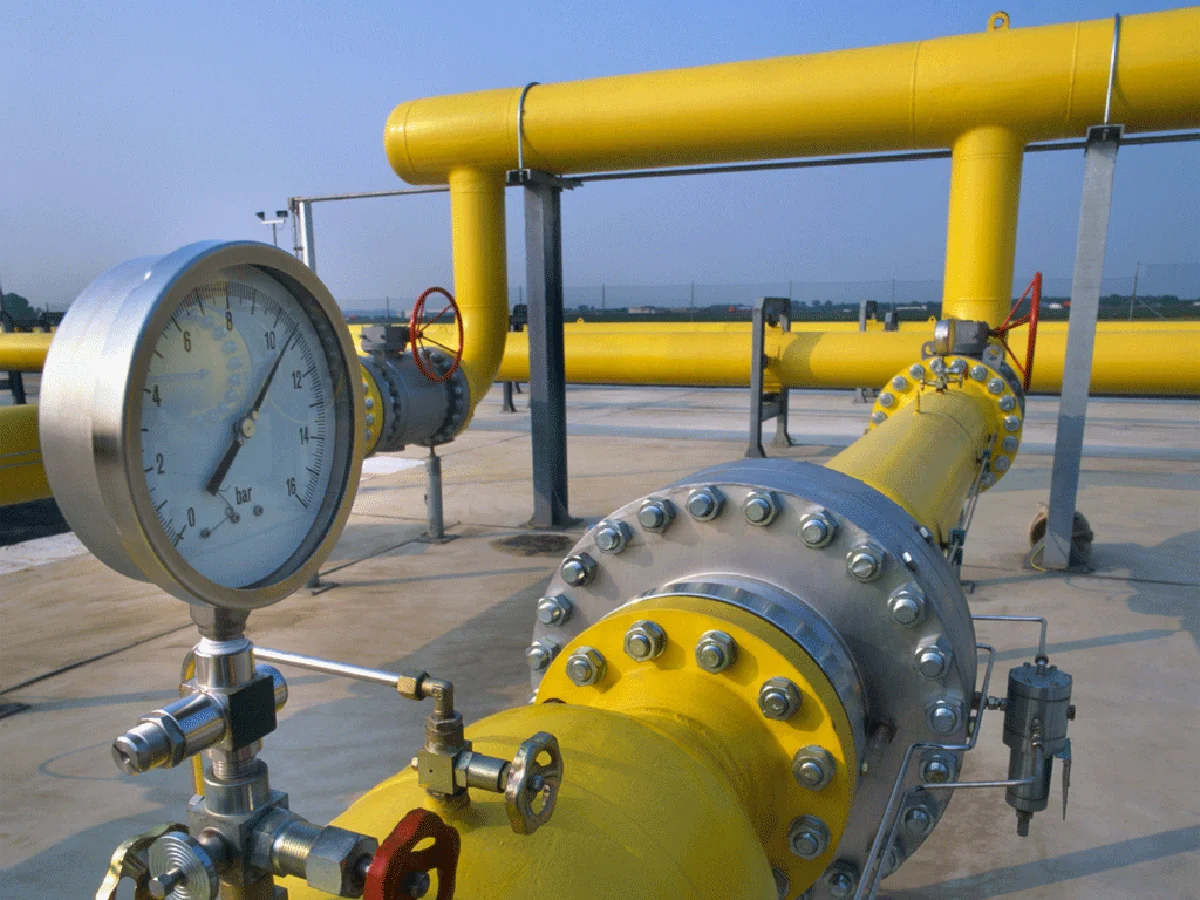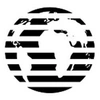NOTHING PERSONAL, JUST ECONOMY: Azerbaijan choosing profitable loans
- 09 July, 2021
- 06:03

A sharp increase in external debt has become the only way to confront the pandemic crisis in the economy for many countries. Naturally, for the most part, they turned to international financial institutions (IFIs). However, borrowing continues to this day - the crisis still persists, just like the pandemic.
Meanwhile, for a long time, Azerbaijan held the defense against the economic consequences of quarantine at the expense of its resources. However, the crushing victory in the Karabakh war, the need to allocate considerable funds in a short time for the restoration of the destroyed territories, was, albeit an enjoyable, but still an additional burden on state finances. But at the same time, Azerbaijan doesn’t take loans from IFIs on the principle that “any loan will do.” The main thing is that the terms of borrowing are as profitable as possible, and the loan amount is not too big. Here is an illustrative example - Azerbaijan refused a loan from the World Bank (WB) to combat COVID-19, and the proposal of the Asian Development Bank (ADB) was accepted.
Finding better ways
The WB planned to allocate $95 million to implement a COVID emergency response project in Azerbaijan. Head of the WB Baku office Sarah Michael explained that the government needed the loan to compensate for the funds already spent on business support during the quarantine period and other urgent expenses. The loan, as she reported, should have been allocated on the terms of the International Bank for Reconstruction and Development (IBRD) since Azerbaijan no longer has access to the concessional loans of the WB. In addition, Azerbaijan itself already acts as a donor to countries financed by the International Development Association.

Member countries with an annual GDP per capita of $875 per year are eligible to receive IBRD loans. IBRD’s credit cooperation with borrowers is based on the Country Partnership Strategy, which is regularly approved by the Board of Directors for each of them. The bank usually covers 30 percent of the project cost with its loans. In fact, loans from the IBRD are considered more commercial, intended for countries with a middle level of development.
Azerbaijan has already received more than one loan from the IBRD - a loan for the Trans-Anatolian Natural Gas Pipeline (TANAP) project for $800 million to construct highways within the country, other projects in the field of infrastructure, finance, agriculture, etc. Moreover, having bought 2,371 shares of IBRD, Azerbaijan has already become the owner of a 0.13 percent stake in the bank.
However, the directions, conditions, and procedures proposed by the IBRD for granting loans to fight the coronavirus this time didn’t suit the Azerbaijani government. According to the Ministry of Finance spokesman, Mais Piriyev, it was decided to suspend negotiations.
Just a few days later, news came that the Asian Development Bank (ADB) had already approved a $250 million loan to the government of Azerbaijan for almost the same purposes - the ADB’s COVID-19 Active Response and Expenditure Support (CARES) program will provide budget support for ongoing government measures in healthcare, social protection, and macroeconomic stabilization. The loan is funded from funds from the COVID-19 Pandemic Response Option (CPRO) under ADB’s Countercyclical Support Facility. The CPRO was created as part of ADB’s expanded $20 billion assistance to its developing member countries’ response to the pandemic.
Well, firstly, the ADB loan, unlike the proposed IBRD loan, was approved, apparently, as soon as possible - this is an important detail, the government will have time to use the funds received to prepare for the already predicted new outbreak of COVID-19 in the fall. On the other hand, the amount, of course, is significantly higher, especially since the Asian Infrastructure Investment Bank (AIIB) plans to provide Azerbaijan with an extra loan of $100 million.
If this loan is approved, in total, it can cover only a tenth of the package of social and financial support from COVID-19 provided by the Azerbaijani government - 3.5 billion manats (more than $2 billion) for 2020-2021. At the same time, as part of the program in 2020, 2.5 billion manats (about $1.5 billion) have already been allocated for its implementation, including 2 billion manats (about $1.2 billion) from the state budget.
Easing debt burden
So, Azerbaijan’s foreign borrowing policy is based only on efficiency and profitability for the country’s economy. There is no difference in relations with various IFIs - the government previously refused unprofitable loans, and loans from ADB are also on the list. For example, the second and third tranches of a loan for $500 million from the multi-tranche package of $750 million for Azerishiq OJSC under the investment program to reconstruct the electric power distribution network were not received. Before that, a direct loan from ADB for the Southern Gas Corridor CJSC for $500 million was not required to implement the SGC project as a result of optimization and reduction of project costs.

Also, before that, the Azerbaijani government refused to use the rest of the WB loan ($51.196 million) for the IDP Living Standards and Livelihoods project.
Most importantly, even earlier, in 2005, the Azerbaijani government limited cooperation with the world’s leading donor - the IMF, reducing contacts to the level of consulting and technical assistance, completely refusing to borrow from the fund.
During the global financial crisis of 2008, the Azerbaijani government began to pursue a very conservative policy concerning external borrowing. In particular, the rules for attracting external funds by state organizations were tightened. More clear obligations of private banks and companies were formulated regarding the amount of funds raised and the terms of their repayment. Such a conservative approach allows Azerbaijan to maintain its status as one of the most prosperous in the world in terms of the ratio of external debt to GDP.
“According to economic indicators, Azerbaijan is one of the leading countries in the world today. Suffice it to say that the external debt of developed countries today exceeds their gross domestic product. In Azerbaijan, however, foreign debt accounts for less than 20 percent of the GDP. In addition, our foreign exchange reserves exceed our foreign debt six times,” Azerbaijani President Ilham Aliyev said recently.

Even before the pandemic, experts from the WB, IMF, ADB, and several other IFIs noted that the current state of Azerbaijan’s external debt allowed it to increase slightly. However, within the Medium to long term debt management strategy for Azerbaijan Republic’s public debt, approved by the head of state on August 24, 2018, the government was tasked with reducing the level of external debt in general to 10 percent of GDP in the coming years, in 2025 this figure was supposed to be 12 percent of GDP.
However, as mentioned above, it won’t be so challenging to achieve this level, given the government’s strictly conservative borrowing policy. But again, this doesn’t mean a complete refusal to cooperate with IFIs - for further recovery and development of the economy, given the problems that have arisen during the pandemic, loans are needed. Moreover, loans taken from IFIs are attractive not only for low-interest rates and long repayment periods. First of all, they create better conditions for the technical implementation of projects and provide transparent control over the spending of borrowed funds. This is especially true when implementing large-scale and capital-intensive infrastructure projects - constructing power plants, laying power lines, pipelines, roads, canals, etc.
Judging by such a careful selection of credit conditions and lending organizations, the principles of urgency and strategic importance of projects will continue to dominate external borrowing policies. This is unlikely to change during the pandemic or the increase in expenditures in connection with implementing the ‘Great Return’ program in Karabakh. If oil prices on the world market don’t fall, Azerbaijan can cope with the situation using domestic resources and investment.
Expert Gulu Nuriyev
